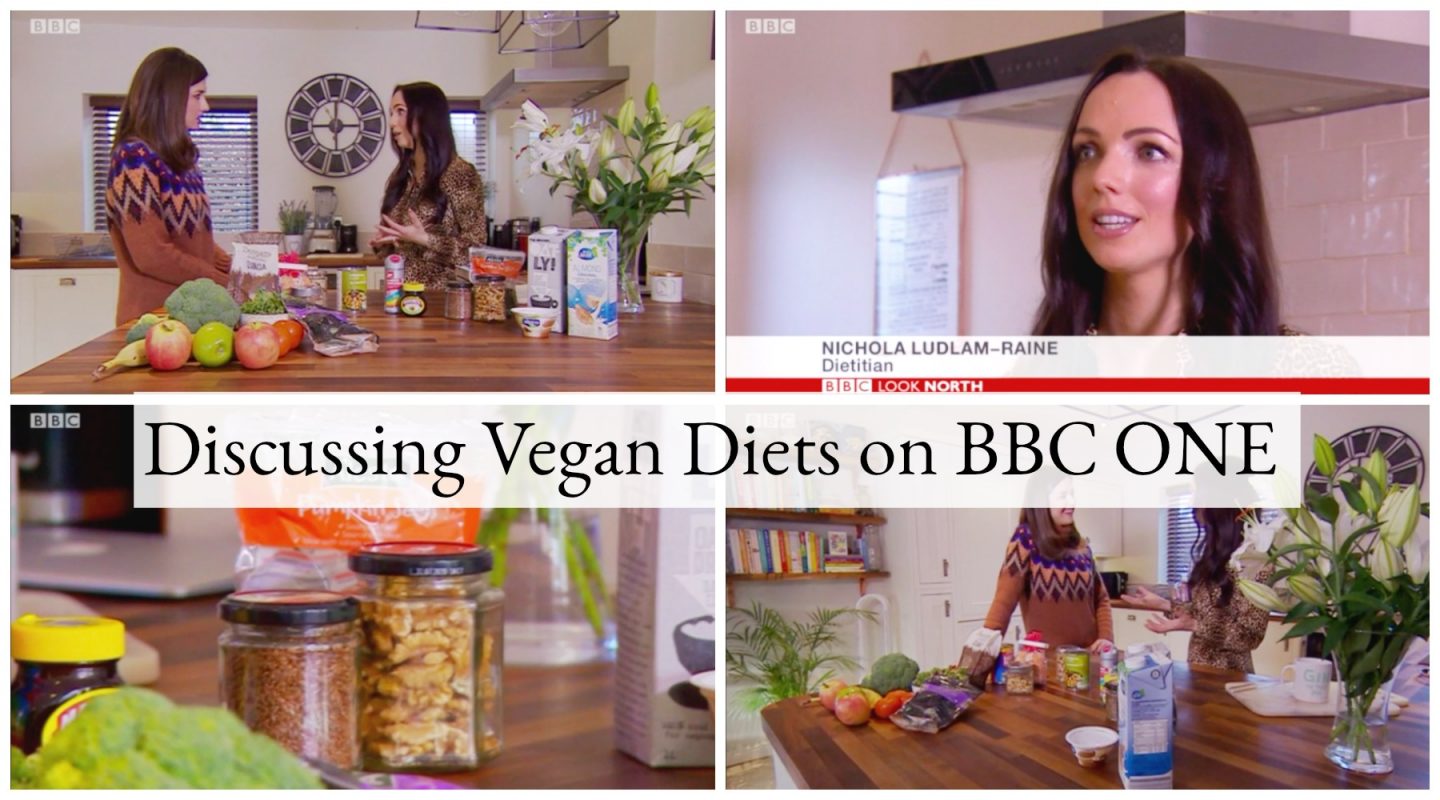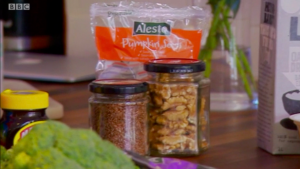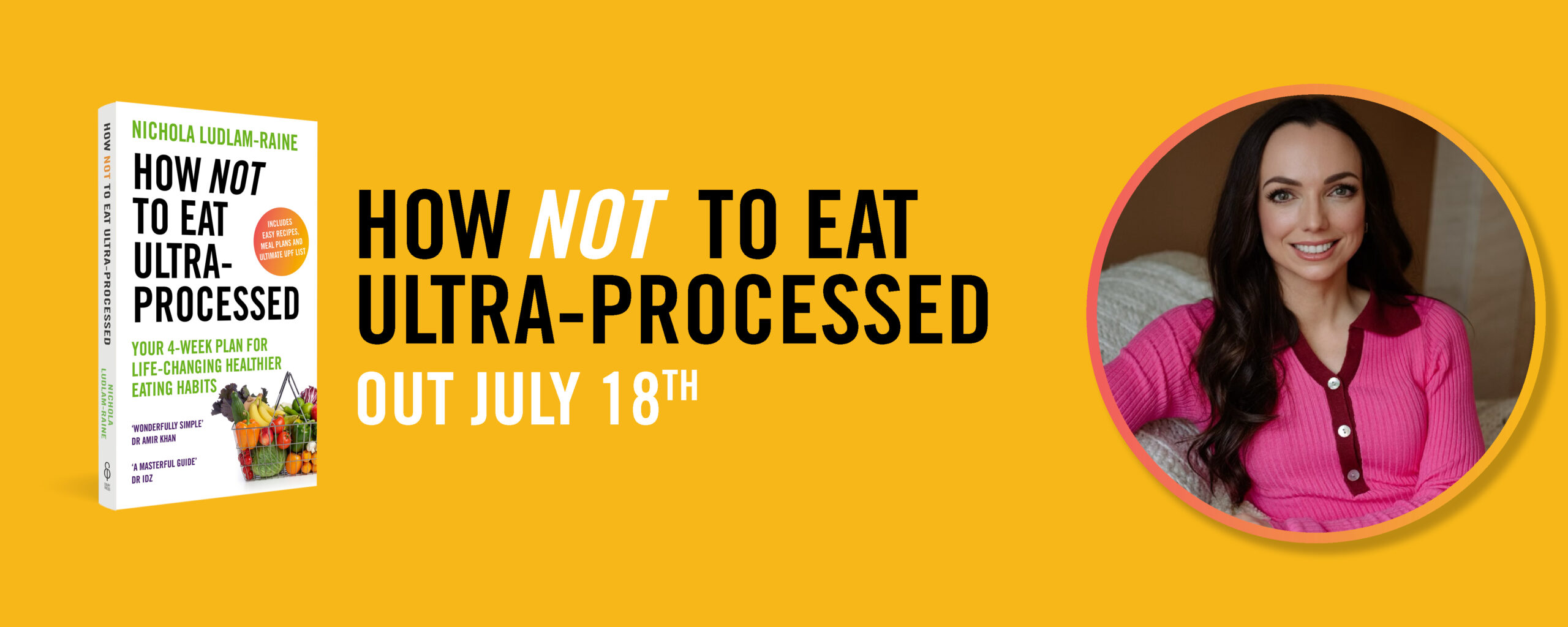
The other week I spoke on BBC One’s Look North news channel about the vegan diets and here is what I had to say..
Individuals may choose to follow a plant-based diet for a number of reasons including animal welfare, personal health reasons and environmental concerns..
A well planned plant-based diet can be both nutritious and healthy, and meat-free diets have indeed been associated with lower risks of heart disease, high blood pressure, type 2 diabetes, obesity and various cancers. It’s worth noting though that most of the research is only observational and many vegetarians may be more health conscious; thus being more likely to exercise and less likely to smoke.
Eating more plant based foods is always a good thing; they tend to be higher in fibre (more fruits, vegetables and wholegrains) as well as healthy unsaturated fats from nuts, seeds, olive oil, rapeseed oil and avocados.
If you’re vegan though you need to have a well planned and varied diet to make sure you’re getting enough of certain nutrients such as calcium, iodine, iron and B12; for which many vegans actually take a supplement.
- Protein (for muscle growth and repair) = Aim to eat a variety of different proteins to ensure that you’re getting all of the essential amino acids (which are the building blocks of protein) that the body cannot make e.g. tofu, lentils, beans, nuts, seeds, soya and whole grains.
- Omega 3 fatty acids (for heart health) = Include foods such as flaxseed oil, tofu and walnuts/pumpkin seeds regularly and consider taking an Algal supplement which contains the most beneficial type of omega 3 fatty acid DHA; the body doesn’t convert ALA (the plant based type omega 3) to DHA and EPA very well.
- Calcium (for bone and teeth health) = Choose fortified milk alternatives, figs, sesame seeds, calcium-set tofu and almonds. You may also want to consider taking a supplement, especially if you’re post menopausal, breastfeeding or have coeliac disease as your requirements may be increased.
- Iodine (for thyroid function) = Consider having one portion of seaweed a week or taking a supplement (your multivitamin may contain this) as the amount of iodine in seaweed can be variable.
- Iron (it transports oxygen around the body) = Vegan sources of iron include lentils, soybeans, tofu, dried fruit, dark green veg, wholemeal bread and fortified breakfast cereals. Have these foods with a source of vitamin C (such as fruit and vegetables) to enhance absorption and keep tea and coffee to 30 minutes either side as they can inhibit iron absorption.
- Vitamin B12 (helps with energy levels) = You may want to consider taking a supplement as well as consuming fortified milk alternatives, nutritional yeast and marmite.
- Selenium (for a healthy immune system) = Try having 2-3 Brazil nuts a day to ensure you’re getting this essential mineral.
- Vitamin D (help you to absorb calcium) = Vitamin D is found in oily fish and eggs as well as vegan sources including fortified breakfast cereals and milk alternatives. If you live in the UK then you may want to consider taking a 10 mcg supplement of vitamin D a day.

Eating a more plant-based diet is not only good for the environment but it can have a positive effect on your health too. There is however no need to cut out foods such as meat, poultry and dairy altogether, especially if you enjoy them!
And remember.. foods including deep fried chips and sugar are vegan too.. so it isn’t a guaranteed healthy diet!
